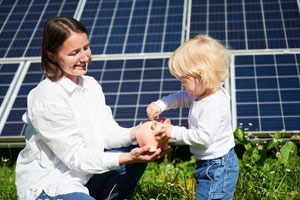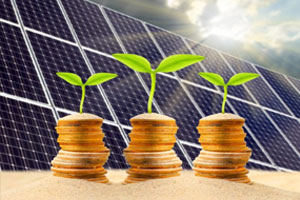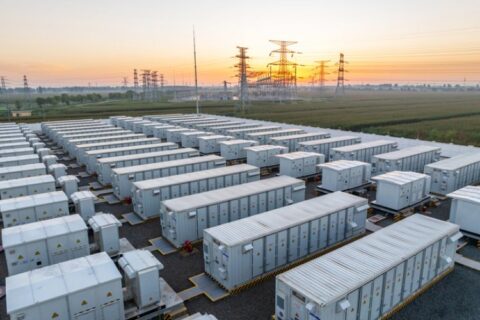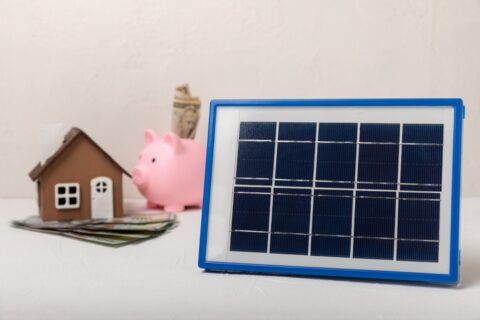Still getting electric bills? Here’s a couple of reasons why
You worked with your solar expert to design the perfect system for your home. You signed the contract, eagerly awaited installation and then watched the Better Tomorrow Solar crew bring your vision to life, placing those beautiful panels on your roof (or on the ground, if you opted for a ground-mounted system).
The excitement of going solar is undeniable. But after your system has been running for a month, you open your electric bill with high hopes of seeing $0.00… only to find that is not the case.
So, why is that? Let’s break down a couple of common reasons your energy bill may still look higher than you anticipated.
Why You Still Have a Bill
Well, it won’t quite be $0 depending on your utility company. Even with backup storage, you are still responsible for mandatory service charges and additional fees (such as environmental compliance costs and nuclear construction cost recovery).
In addition, offsetting all of your usage is difficult without sufficient battery storage. That means at certain times, like at night or during high-demand periods, you will likely need to pull electricity from the grid.
This is normal, and it doesn’t mean your system isn’t working. Your solar panels are still lowering your overall energy use, reducing your carbon footprint, and protecting you from rising utility costs. The key is understanding what portion of your bill solar can realistically eliminate, and how storage and energy habits can maximize your savings.

Why the Bill May Still High
Our Better Tomorrow Solar team works hard to design systems that offset as much of your energy usage as possible. Still, there are some factors that are outside of our control:
- The Season
Spring is generally the best time to reap the benefits of selling excess energy back to the grid. During mild weather, you typically use less energy for heating and cooling, which means more of your solar production can be sent to your utility provider.
On the other hand, during the hot summer months or cold winter days, your AC or heater can use a lot of the energy your panels are generating. This reduces the amount of surplus energy you can send back to the grid.
- The Fees
Unfortunately, utility fees remain on your bill regardless of how much solar you produce. For example:
- Environmental compliance costs: Hurricane Helene, Georgia Power’s most destructive storm in history, continues to affect ratepayers through recovery-related charges.
- Nuclear construction costs: The construction of Plant Vogtle Units 3 & 4 took nearly 15 years and doubled in cost over that time. To cover expenses, Georgia Power added a nuclear construction cost recovery fee to residential and small business bills, and customers are still paying for it.

What You Can Do About It
Going solar is the first big step toward lowering your energy bills, but there are a few additional ways you can maximize your savings:
- Add sufficient backup batteries
Having the right amount of battery storage helps you rely less on the grid, especially at night or during peak usage times. After this year, the only way to take advantage of the tax credit on batteries will be through a third-party ownership (TPO) arrangement, so now is the best time to act. - Upgrade to energy-efficient devices
Replacing outdated appliances with energy-efficient ones can significantly reduce your overall energy consumption. The good news is, you have until December 31, 2025 to take advantage of tax credits for these upgrades.
The Bottom Line
Even with seasonal changes and unavoidable utility fees, your solar system is still working hard for you every day. It reduces your overall energy use, lowers your bills compared to relying solely on the grid, and protects you from rising utility rates in the long run.
Think of it this way: every kilowatt-hour your system produces is one less you have to buy from your utility provider. Over time, those savings add up significantly, all while you’re making a positive impact on the environment.
Our team is always here to help you better understand your system’s performance and answer any questions about your bill.
Ready to save even more on your energy bills? Give us a call at 678-532-1000 and let’s get started today!








